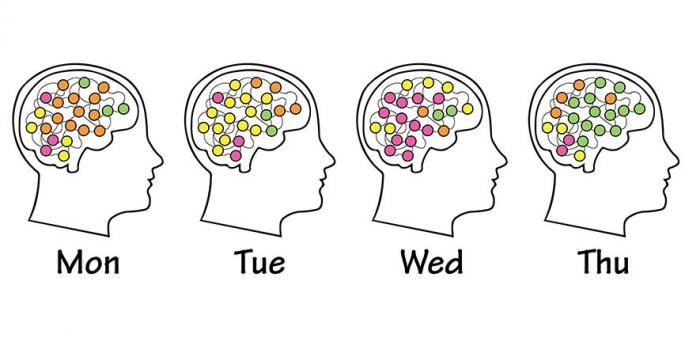Our brains are often likened to computers, with learned skills and memories stored in the activity patterns of billions of nerve cells. However, new research shows that memories of specific events and experiences may never settle down. Instead, the activity patterns that store information can continually change, even when we are not learning anything new.
Why does this not cause the brain to forget what it has learned? The study, from the University of Cambridge, Harvard Medical School and Stanford University, reveals how the brain can reliably access stored information despite drastic changes in the brain signals that represent it.
The research, led by Dr Timothy O’Leary from Cambridge’s Department of Engineering, shows that different parts of our brain may need to relearn and keep track of information in other parts of the brain as it moves around. Their study, published in the open-access journal eLife, provides some of the first evidence that constant changes in neural activity are compatible with long term memories of learned skills.
Reproduced courtesy of the University of Cambridge
